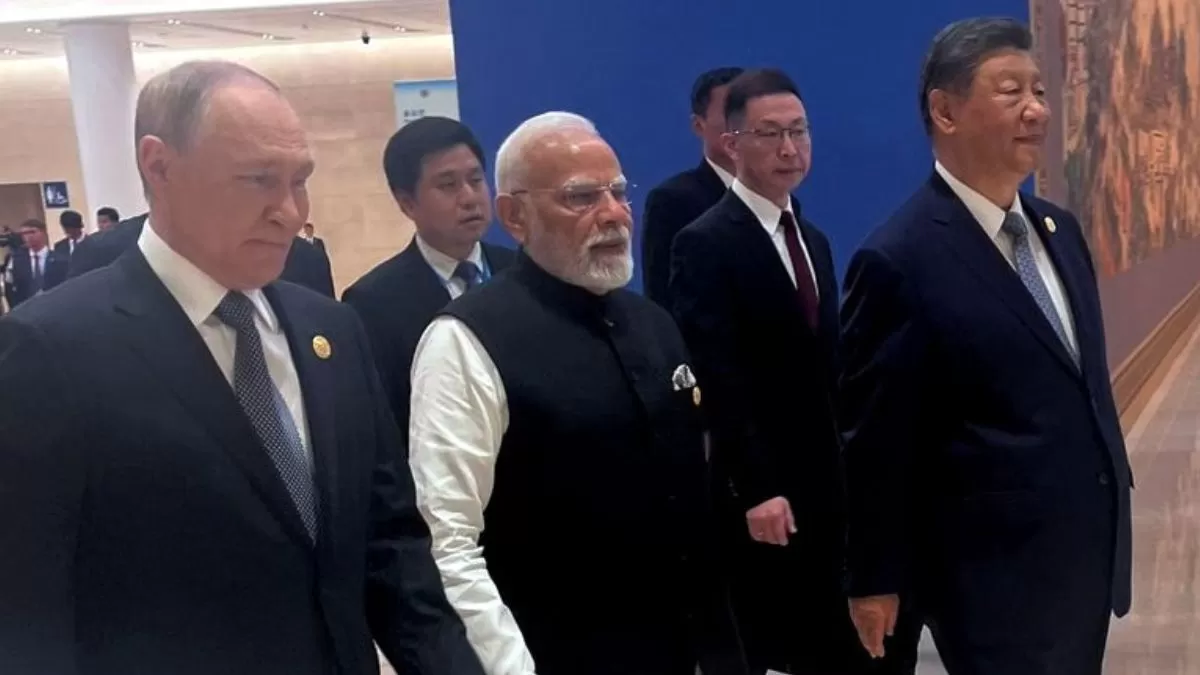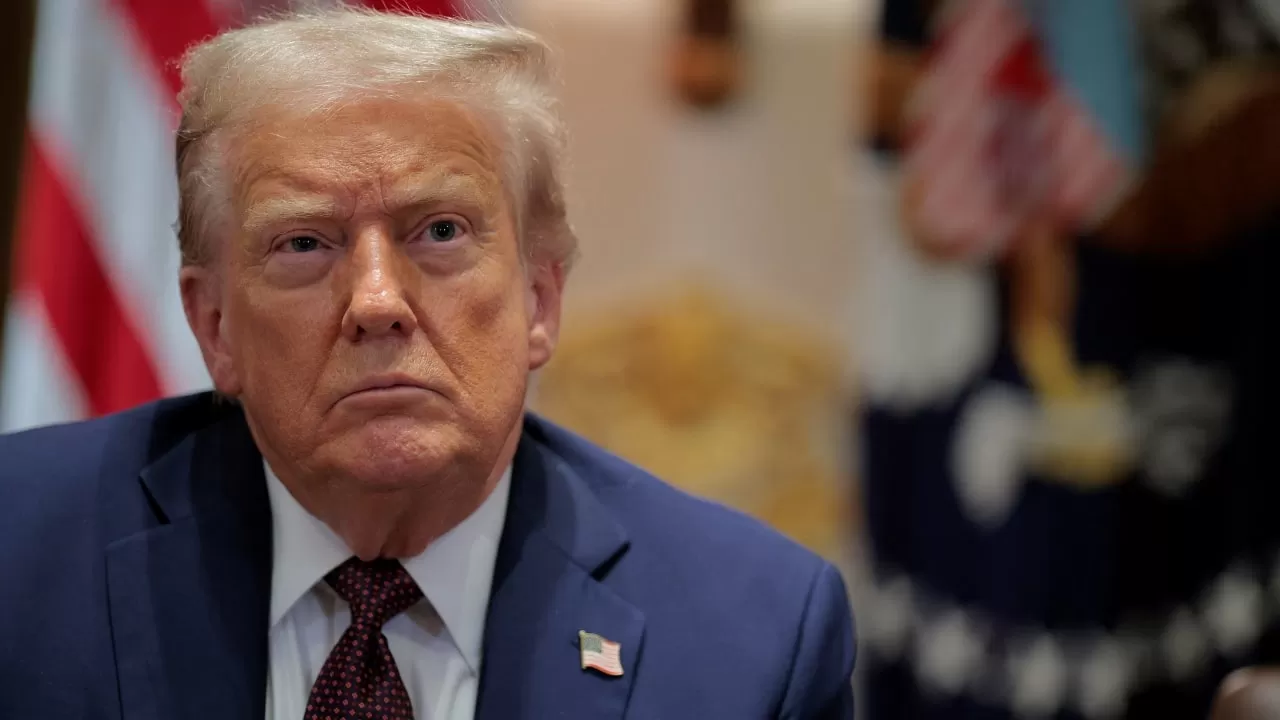Trump Lashes Out: Modi and Putin's Xi Jinping Meetings Signal Shifting Global Order
Share- Nishadil
- September 06, 2025
- 0 Comments
- 2 minutes read
- 51 Views

Donald Trump Slams PM Modi, Vladimir Putin Over Meetings with Xi Jinping
Former US President Donald Trump has sharply criticized Indian Prime Minister Narendra Modi and Russian President Vladimir Putin for their engagements with Chinese President Xi Jinping, interpreting these meetings as a sign of growing alignment and a potential threat to American global standing.
Former U.S. President Donald Trump has reignited a critical debate on global alliances, explicitly targeting Indian Prime Minister Narendra Modi and Russian President Vladimir Putin for their recent engagements with Chinese President Xi Jinping. Trump's sharp remarks underscore a growing concern within certain Western political circles about the evolving geopolitical landscape and the perceived challenges to American influence.
Addressing supporters, Trump vocalized his frustration, implying that the close interactions between leaders of three major global powers—India, Russia, and China—represent a concerning realignment.
He suggested these meetings indicate a world where nations are increasingly moving away from traditional U.S.-led frameworks, potentially forming new power blocs that could challenge the existing international order.
Trump's criticism centers on the idea that these high-level discussions between Modi, Putin, and Xi signal a deepening of strategic and economic ties that could, from his perspective, marginalize American interests.
He has often articulated a view that the United States is frequently exploited or taken advantage of by other nations, and these recent diplomatic overtures by India and Russia towards China appear to reinforce his long-held skepticism about global power dynamics.
The meetings in question, whether bilateral or within multilateral frameworks like BRICS or the Shanghai Cooperation Organisation (SCO), are seen by Trump as a consolidation of non-Western influence.
For India, these engagements with China, despite ongoing border disputes, are often framed as a pragmatic necessity for regional stability and economic cooperation, while also maintaining its strategic autonomy amidst complex global relations. Similarly, Russia, facing extensive Western sanctions and diplomatic isolation, has increasingly pivoted towards China, forging a robust strategic partnership that extends across economic, military, and diplomatic spheres.
Xi Jinping, on his part, has actively pursued a foreign policy aimed at strengthening China's global standing and fostering a multipolar world.
His meetings with Modi and Putin are integral to this vision, presenting China as a central player in a reconfigured international system that is less reliant on Western hegemony.
Trump's strong condemnation serves as a stark reminder of the underlying tensions and anxieties within Washington regarding these shifting alliances.
It highlights a fundamental divergence in how different political factions view the future of global power—some see a natural evolution towards a multipolar world, while others perceive it as a direct threat to American leadership and values. His comments certainly add fuel to the ongoing debate about the efficacy of current U.S.
foreign policy and the challenges posed by a more integrated and strategically aligned East.
.Disclaimer: This article was generated in part using artificial intelligence and may contain errors or omissions. The content is provided for informational purposes only and does not constitute professional advice. We makes no representations or warranties regarding its accuracy, completeness, or reliability. Readers are advised to verify the information independently before relying on







